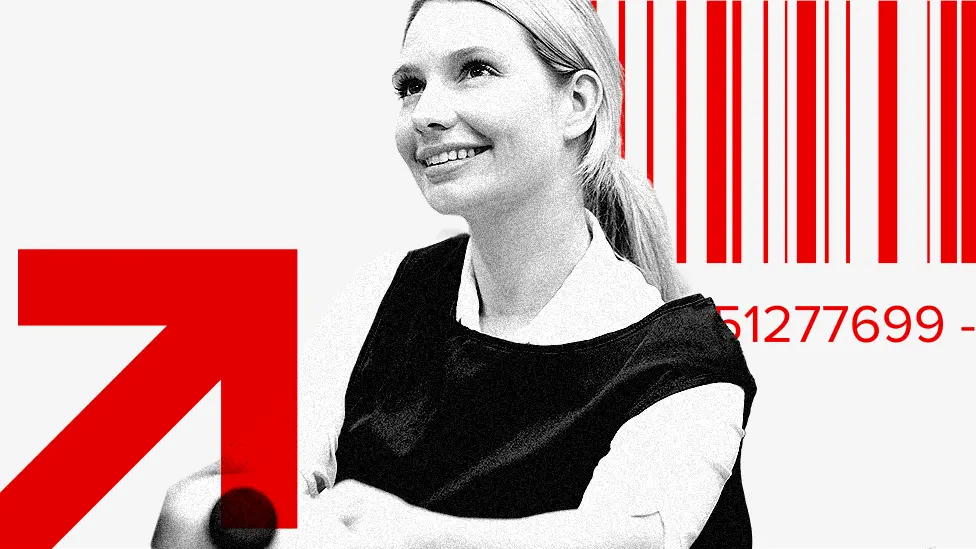How much have the National Minimum Wage and National Living Wage gone up?
 Getty Images/BBC
Getty Images/BBCThree and a half million low-paid workers saw their wages rise on 1 April.
The National Living Wage paid to over-21s went up by 6.7% and the National Minimum Wage for 18 to 20-year-olds rose by 16%.
A higher hourly rate called the Real Living Wage, paid voluntarily by some UK businesses to half a million people, has also gone up.
How much is the National Living Wage going up?
The National Living Wage went up from £11.44 an hour to £12.21.
The government said the increase was worth £1,400 a year for an eligible full-time worker.
The National Living Wage has applied to employees aged 21 and over since April 2024. Previously, you had to be 23.
The pay rates are set by the government every year on the advice of an independent group, the Low Pay Commission
How much is the National Minimum Wage going up?
Younger employees - aged between 16 and 20 - receive the National Minimum Wage.
For 18, 19 and 20-year-olds, it rose from £8.60 an hour to £10 on 1 April.
The government said the increase is worth £2,500 for an eligible full-time worker.
For 16 and 17-year-olds, the National Minimum Wage rose from £6.40 an hour to £7.55, an 18% increase.
The separate apprentice rate, which applies to eligible people under 19 - or those over 19 in the first year of an apprenticeship increased by the same amount.
Do employers have to pay the National Minimum Wage and National Living Wage?
Yes. It is a criminal offence if employers don't pay the correct National Minimum and Living Wages to their workers.
The rates apply to staff even if they are not paid by the hour.
If you think you are being paid incorrectly, you can complain via the HMRC website.
You can also get advice from workplace experts Acas.
 Getty Images
Getty ImagesWhat happens if employers don't pay the right wage?
Any employer not paying the correct amount can be fined by HMRC.
In June 2023, the previous Conservative government said that more than 200 firms had been fined a total of nearly £7m.
They were told to reimburse 63,000 workers for failures over several years.
The companies included Marks and Spencer, Argos and Lloyds Pharmacy. WH Smith was the worst offender, having failed to pay more than £1m to more than 17,600 workers.
Those who don't qualify for the National Minimum Wage and National Living Wage include the self-employed, company directors, volunteers, members of the armed forces and prisoners.
People with disabilities or in long-term unemployment who take part in government work programmes are paid fixed amounts at different stages of the scheme.
These are less than the equivalent National Minimum or Living rate.
What is the Real Living Wage and how much is it?
The Real Living Wage is an unofficial hourly rate of pay which is overseen by the Living Wage Foundation charity.
It is aimed at UK workers aged 18 and over, but is not a legal requirement.
The charity says more than 475,000 employees working for more than 15,000 firms receive the Real Living Wage.
The rate for workers in London - the London Living Wage - went up by 70p to £13.85 an hour, a 5.3% increase.
In the rest of the UK, a 60p increase took the rate to £12.60, a rise of 5%.
Employers who are signed up to the scheme must implement the new rates by 1 May 2025.
The Living Wage Foundation said wage was worth £2,262 more per year in the UK than the legal minimum pay, and £4,700 more in London.
